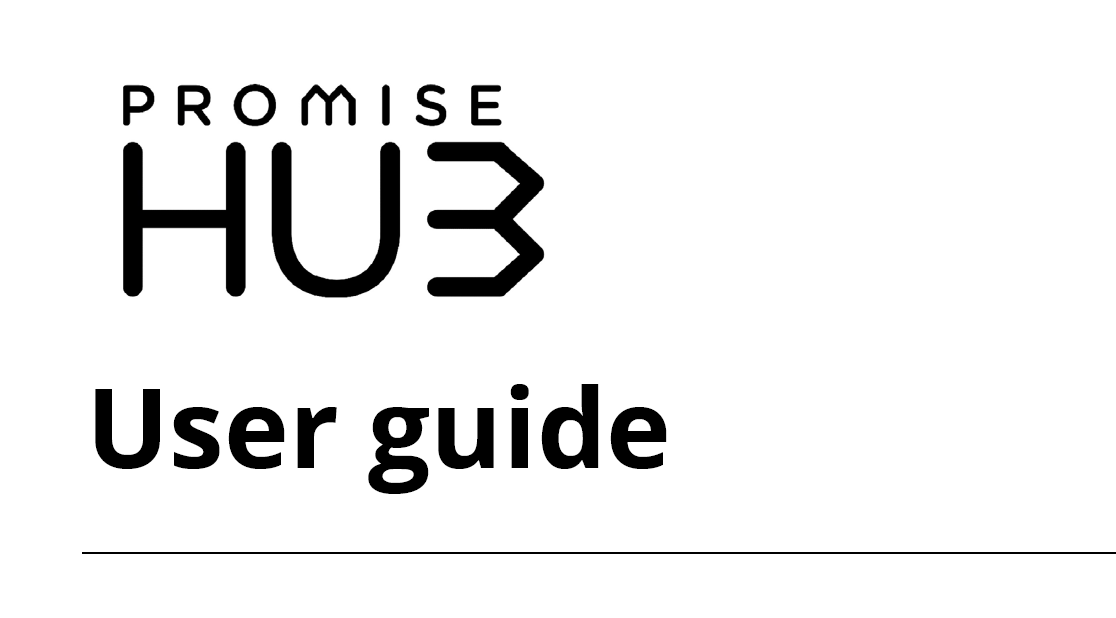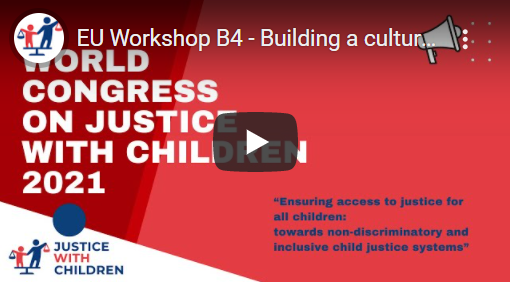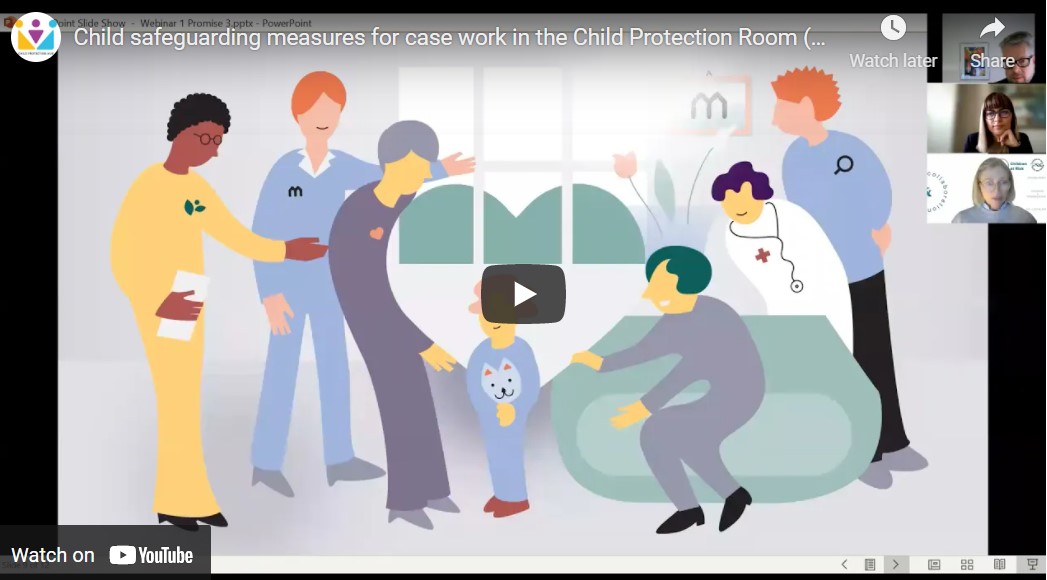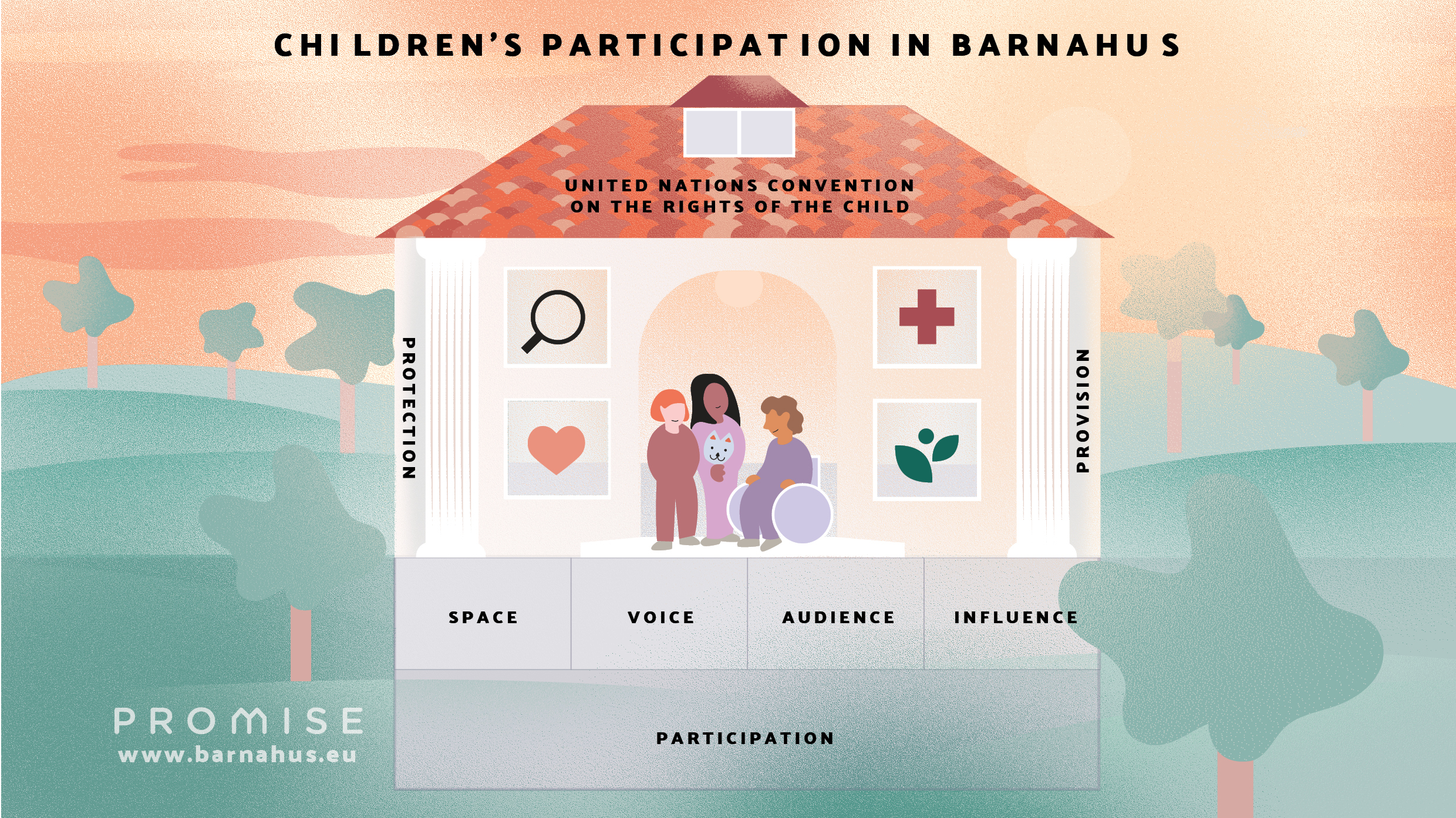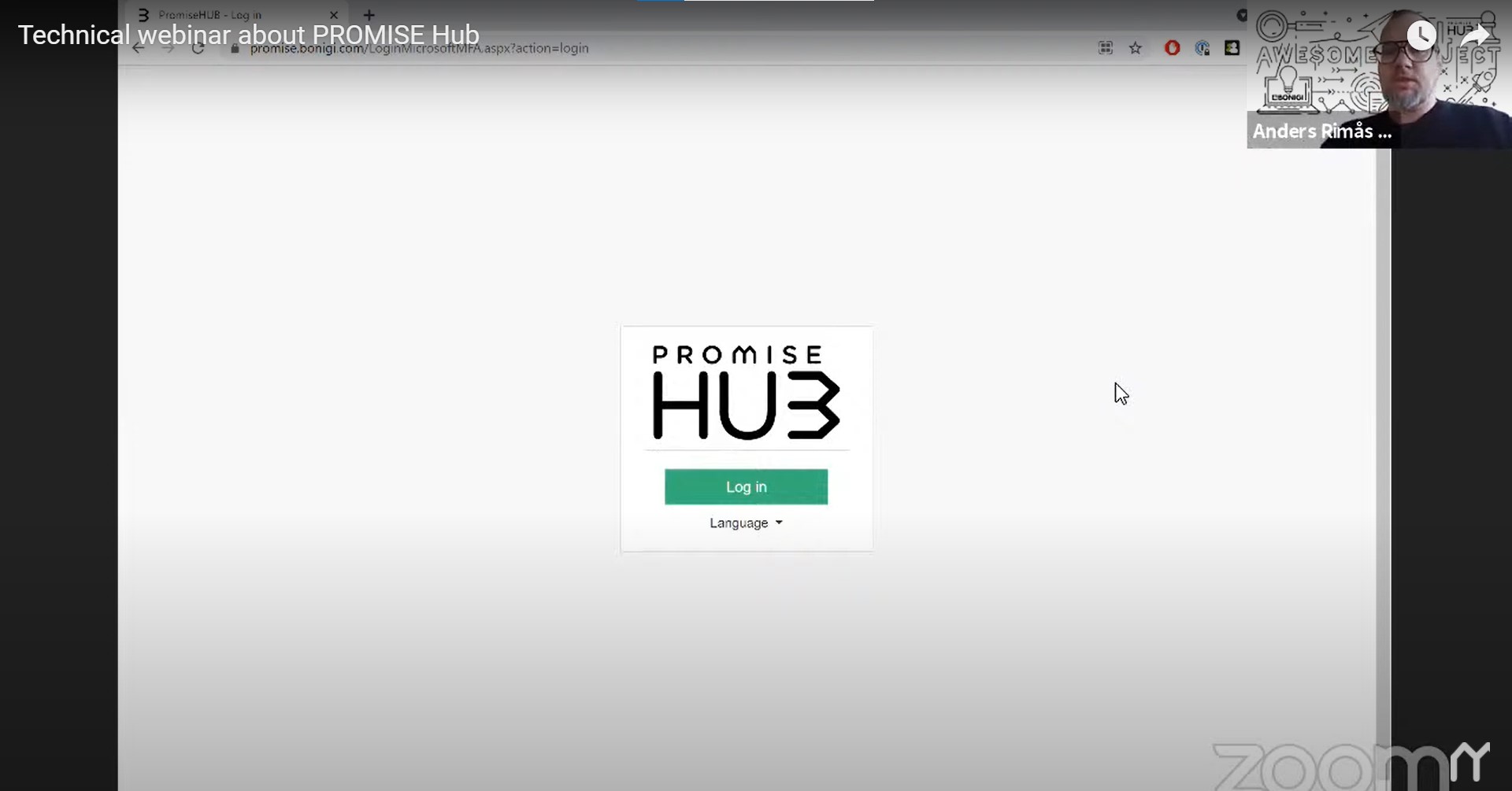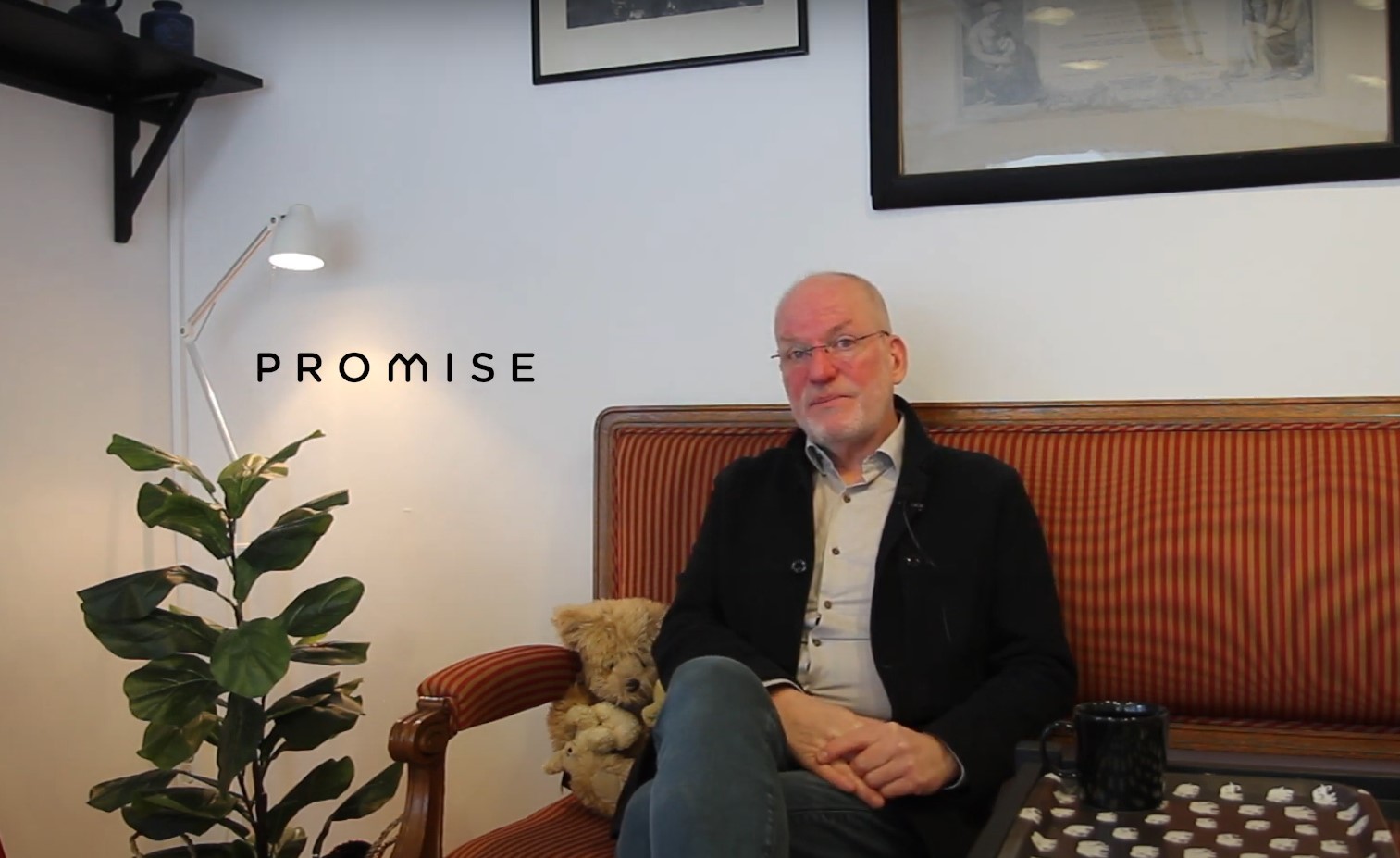Webinar mini-series on therapeutic services at the Barnahus
According to the Barnahus Quality Standards, a Barnahus or similar service should provide mental health services and treatment, by professionals who have specialized training and expertise. Mental health assessments and treatment should be routine, and interventions for both the child and the caregivers should start as soon as possible.
Watch these webinars to take a deeper look into the concrete value of embedding therapeutic services at the Barnahus, how to meet the standard, and the impact for children and their caregivers.
Introduction to therapeutic services at the Barnahus
Summary
This webinar introduces therapy at the Barnahus, emphasizing its crucial role as part of the multidisciplinary response to child abuse cases. The presenters, Mr. Erlend W. Djup from Bergen and Ms. Trude Lindø from Kristiansand, discussed ethical issues, referral processes, and long-term follow-up in the context of therapy. The overview covered various key topics, including the role of therapy within the multidisciplinary response. The speakers highlighted the importance of therapy and the exchange of information and experiences with other services involved in the child’s life.
Additionally, the webinar explored the role of therapists in the multidisciplinary intervention and how their responsibilities are influenced by professionals and legal obligations. The collaboration of counselors and psychologists with other services to provide comprehensive support was also discussed. Ethical considerations were also addressed, particularly concerning the unique position of boundaries within the police department. The absence of specific legislation regulating therapy within the boundaries was recognized as a challenge, emphasizing the need for ethical guidelines to guide practitioners.
Screening and assessment processes were mentioned, including the use of standardized tests to identify children in need of therapy and determine the appropriate level of care.The importance of follow-up sessions after forensic interviews and ensuring continued support for the child and family were emphasized. Geographical challenges in providing therapy, especially in remote areas with limited access to services, were also discussed. Confidentiality concerns were raised due to the involvement of law enforcement, posing complex considerations for therapists in managing two-way confidentiality.
Therapeutic assessment and treatment at the Barnahus
Summary:
The webinar presented by Paola Cardenas focused on trauma-focused cognitive behavioral therapy (TF-CBT) delivered at Barnahus, a child-friendly space where children can disclose abuse in a coordinated manner. Paola emphasized the importance of mental health assessments and providing long-term support for each child. The assessment process helps determine the child’s symptoms, traumatic history, strengths, and weaknesses, as well as the need for treatment.
For older children, formal standardized measures are used, while with younger children, parents or caregivers fill out questionnaires. The webinar also discussed the significance of assessing symptoms of depression and anxiety, as they can be associated with PTSD. The presentation included details about various trauma-focused therapies, particularly trauma-focused CBT, which is an evidence-based approach used at Barnahus. The goal is to minimize negative effects and provide prompt therapeutic interventions.
Furthermore, the webinar acknowledged the importance of play therapy when working with small children who might have difficulty expressing themselves verbally. Paola shared insights on how to work effectively with parents or caregivers, as their reactions and support significantly impact a child’s healing process.
Throughout the presentation, Paola Cardenas emphasized the collaboration with child protection services, police, and legal professionals at Barnahus to provide rapid access to justice and care for child victims and witnesses of violence.
About the speakers:
Mr Erlend Wittrup Djup is a clinical psychologist with a specialization in clinical work with adults, gaining his degree at the University of Bergen, Norway in 2010. After working with traumatized children and families in South Africa, he worked as a consultant for an international research project in Tanzania. The topic of this research project was the effect of malnutrition and parental cognitive functioning in the early development of children. He has experience from in-patient and out-patient clinical practice at several branches of public health care and in private practice. He has also worked as a school psychologist and as an expert for child social services, and has since 2018 worked at the Barnahus in Bergen. Trauma has been a topic of interest for the entirety of his professional career. He is a certified EMDR-therapist, and has also had additional training in structural dissociation of the personality and in the mental health of army veterans.
Ms Trude Lindø is a special educated teacher. She has a master degree in violence and traumatic stress from the Medical faculty at the University of Oslo. Her specialization is learning disabilities connected to traumatic stress. Trude is certified EMDR-therapist and is taking part in ongoing training in sensorimotor psychotherapy connected to the Sensorimotor psychotherapy Institute. She is also certified as a Rosen Method Body therapist. Trude is working as a Senior Executive officer at the Barnehus in Kristiansand in the southern part of Norway. She has earlier been working in the Family Welfare Service, and from 2008 to 2017 in a psychiatric outpatient clinic with children and youth from 0 – 18 year old, working with a wide spectre of disorders connected to complex trauma and dissociation. She also runs her own practice as a body therapist, mainly working with adults.
Speaker: Ms Paola Cardenas: During the past five years, Paola Cardenas has been working as a psychologist, family therapist and forensic interviewing at Barnahus. At Barnahus, she has specialized in forensic interviewing and trauma-focused psychotherapies such as TF-CBT, CBT and EMDR. Before Barnahus, Paola worked as a psychologist and chief psychologist at the Children’s Prevention and Treatment Team of the Suðurnes Hospital and Health Center and prior to that as a project manager and psychologist at the headquarter offices of the Icelandic Red Cross.
The PROMISE Webinar Series is co-organised with Terre des Hommes, a partner of this project, as part of the ChildHub’s child protection webinar series.



